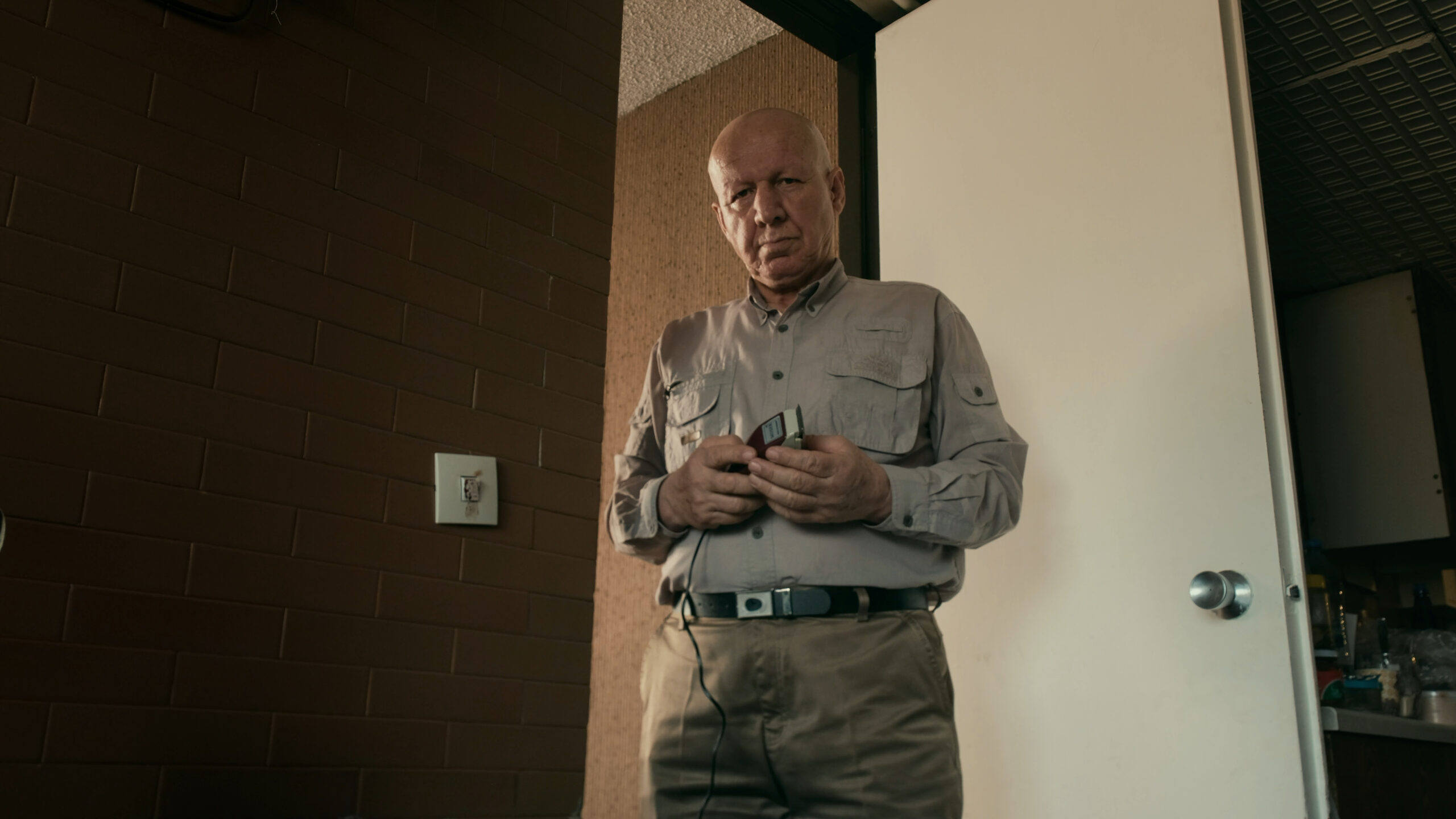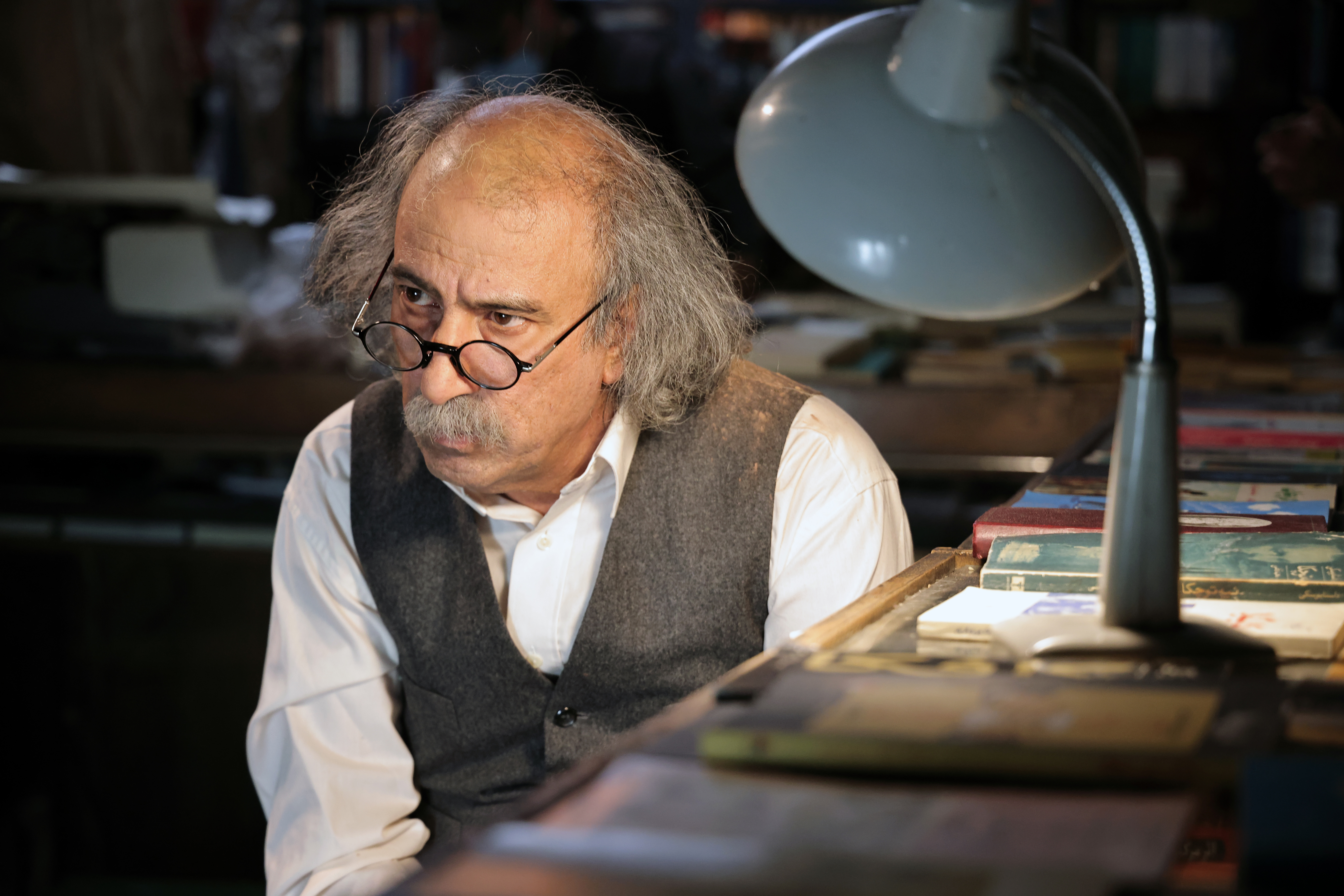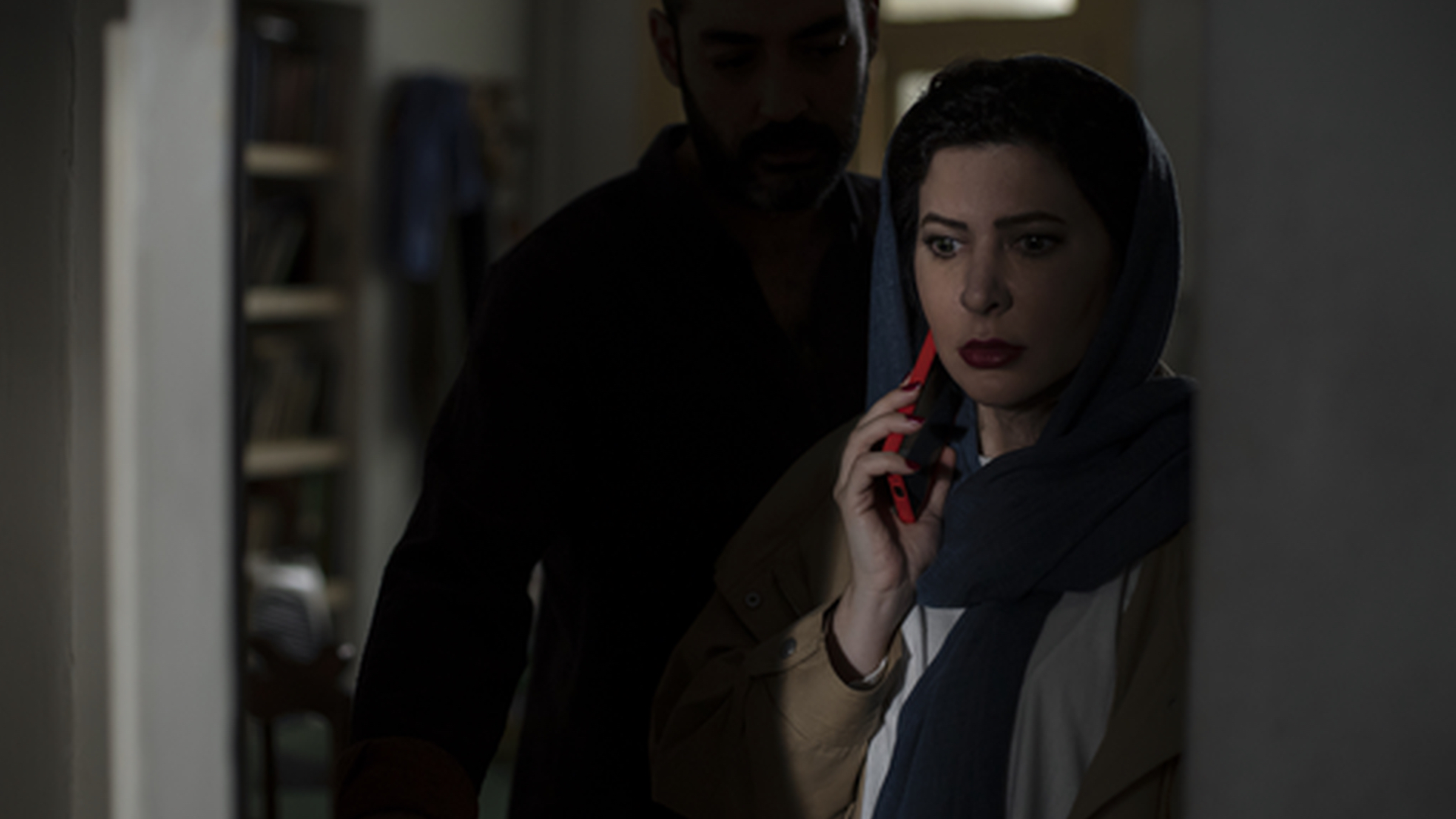




Once, a friend who still couldn’t get rid of his depression after his cancer treatment told me when I asked him why he was so upset: Cancer took with it everything that it brought. Except for the thought of death. I have been cured, but I am going to die. The first spark of the idea of the film came from this answer. It is a twofold effort to take back everyday life from a horrible thought like the thought of death. An effort that even may not be very useful for freeing everyday life from the grip of a naked truth like the idea of death.
Due to the way it advances and reproduces in the body, Cancer appeared to me as a metaphor. Anything can do this -like this disease with its leading form of reproduction- anything can take a person away from the arms of the melody of daily life and trap him in the abyss of sadness and melancholia. Politics, an unfulfilled love, a failed idea, or a weakened faith can replace the cheerfulness and boredom of living with the collapse of ordinary life.
Susan Sontag writes at the beginning of Illness as Metaphor: Illness is the dark half of life. It has a more excruciating subject. Everyone who is born has dual citizenship. One belongs to the realm of the healthy, and the other belongs to the kingdom of the sick. If Cancer is a metaphor, the domain of various diseases is always subject to our possession; Sometimes Cancer is politics, economy, and media, and sometimes it is the images within an individual fluid mind.











